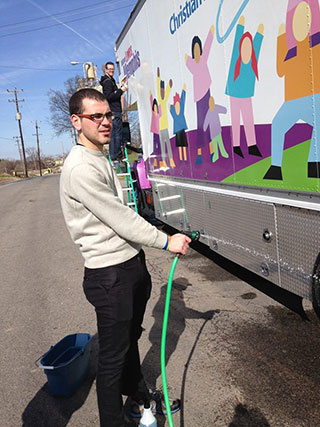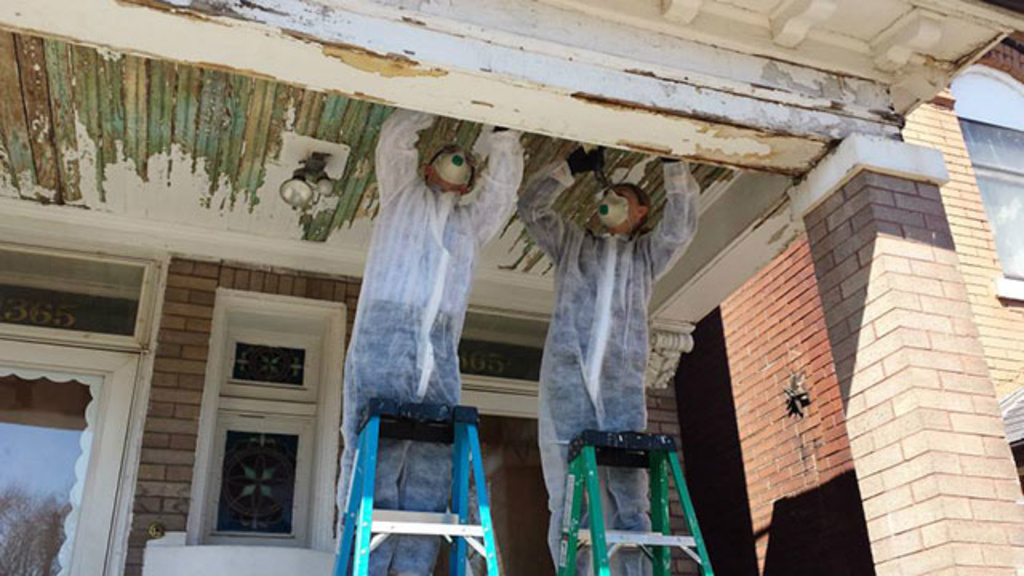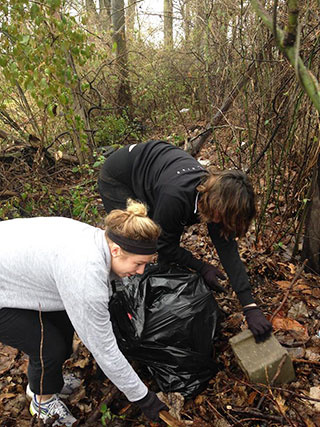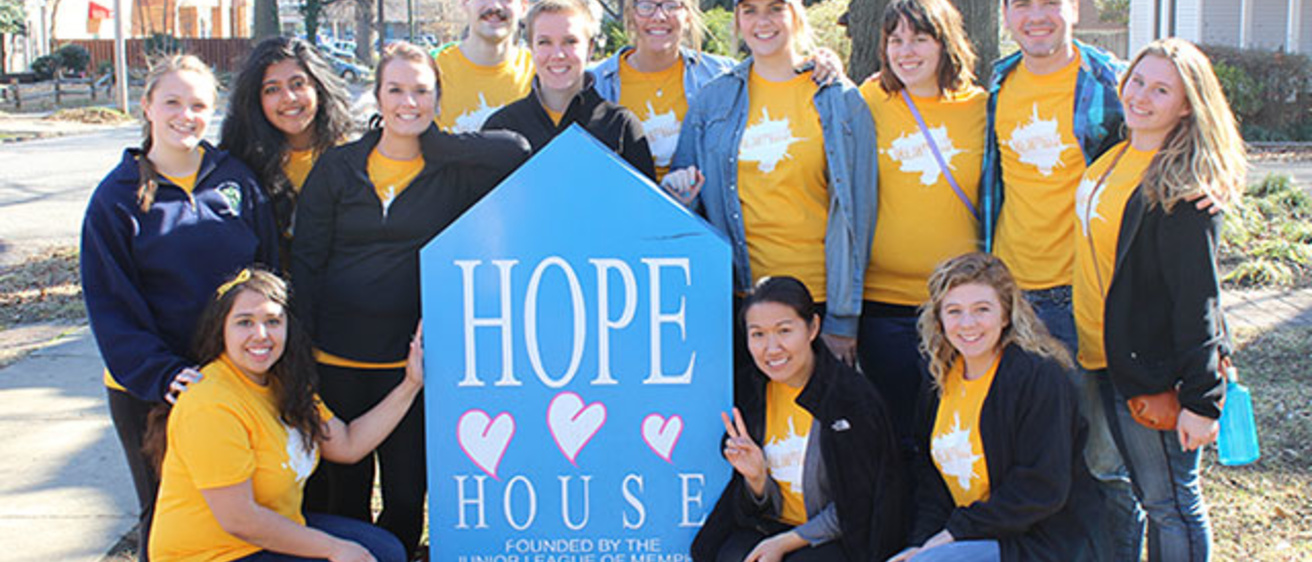Paul Mintner recalls sending teams of students into a grocery store, each group with a dollar bill. Their mission: buy as many calories as they could afford.
It was fun at first, stocking up on ramen noodles or dry beans or cheap products that might not normally make a meal. Then things started to change.
“One student said after, ‘I realized I was standing next to someone making the same choices, but for her, this was everyday life,’” Mintner says.

It’s a single small example of the lessons University of Iowa students bring home from Spring Break service experiences organized the the UI Center for Student Involvement and Leadership (CSIL). The program began with a trip to Memphis in 2013, and this year expanded to include four locations and a for-credit course.
While “Hawkeye Service Teams” each headed to an urban center, the issues they encountered are just as pressing back home.
“They’re going to places where these challenges are huge,” says Mintner, coordinator for leadership programs in CSIL. “Students can see the issues more easily there, but we point out the same problems are happening in Iowa City and in students’ hometowns.”
The UI is one of about 100 schools affiliated with Break Away, a national organization that connects campus programs like Iowa’s with community partners. The concept of partnership is key.
“It’s not our job to go in and help other people understand why they have problems,” Mintner says. “This is service with, not service to.”

Iowa’s program has proven more popular than anticipated—Mintner and colleagues received about 300 applications for four-dozen spots this year.
Read a profile of Chance Sullivan, who traveled with last year's Spring Break group to Memphis and will share his experience at Hawkeye Caucus events in Des Moines next week.
Students could apply for one or more trips focused on different themes. Like last year, the Memphis group would work on public health. An Indianapolis trip would address homelessness and poverty, a St. Louis trip urban decay. A Detroit group would tackle educational inequity.
Selected undergraduates enrolled in a three-credit course that began with the start of the spring semester and will wrap up next week. The course sets Iowa’s experience apart.

“A lot of schools offer credit for taking the trip, but few offer this kind of educational component,” Mintner says. UI students spend the weeks prior to Spring Break exploring what it means to be an active citizen, how to define social problems, the difference between service and volunteerism, and more.
Especially given its popularity, Mintner would like to see the program expand. He pictures scenarios where students in a particular residence hall or living-learning community could travel together, or trips that take place beyond spring break.
As this year’s students wrap up their initial experience, Mintner and other instructors are challenging them to consider what comes next.
“We hope students come back and connect with local organizations addressing the issues they encountered,” he says. “We want them to see themselves as community members, not just University of Iowa students.”
